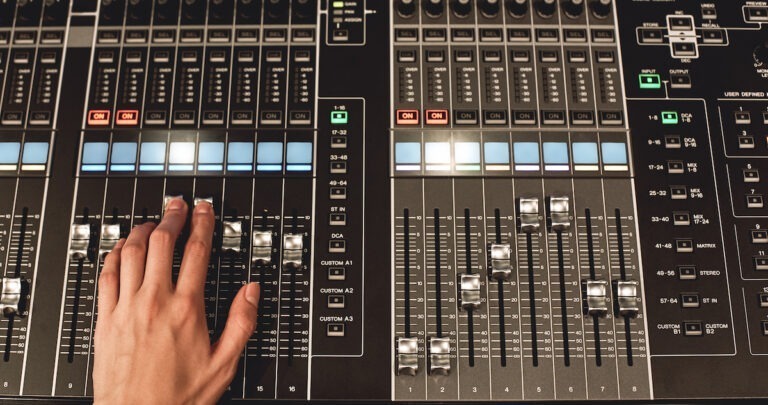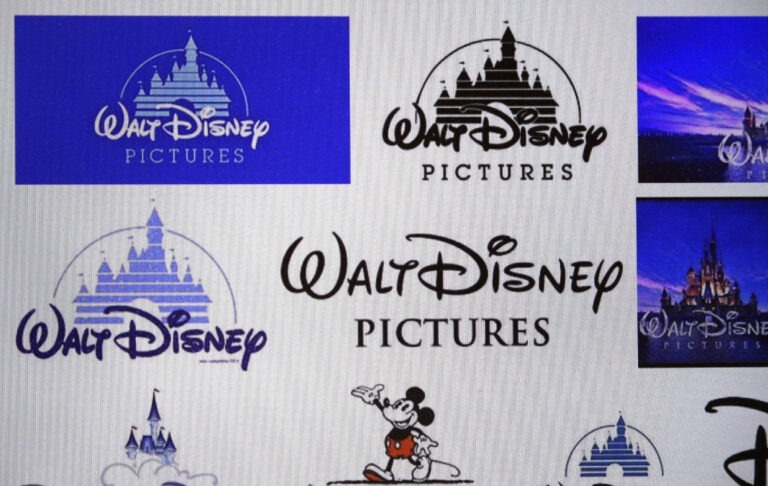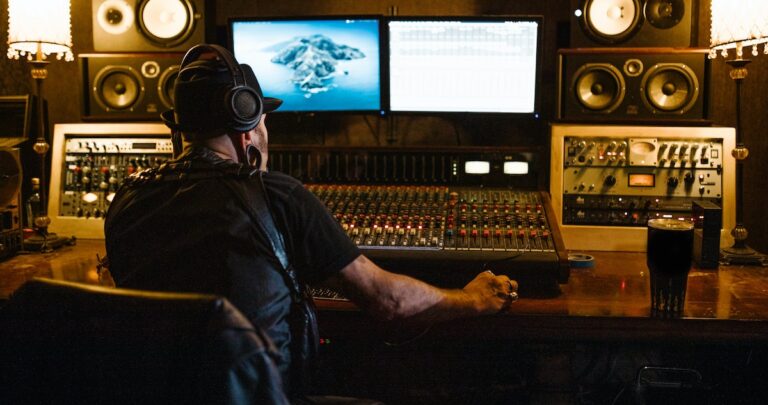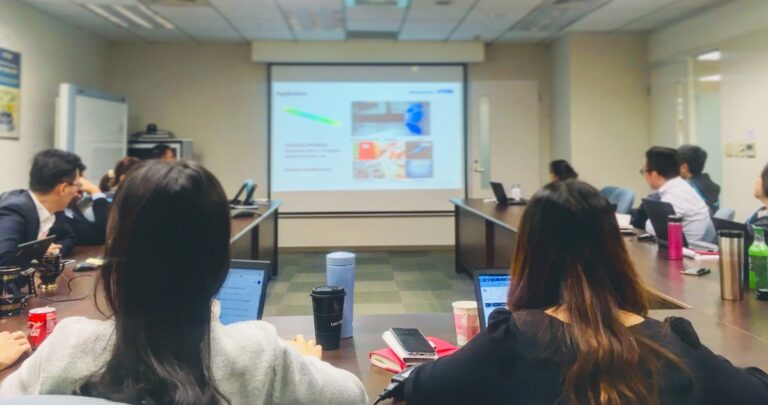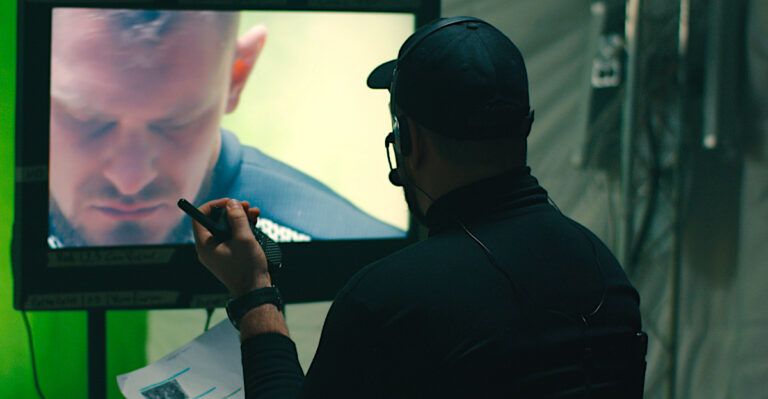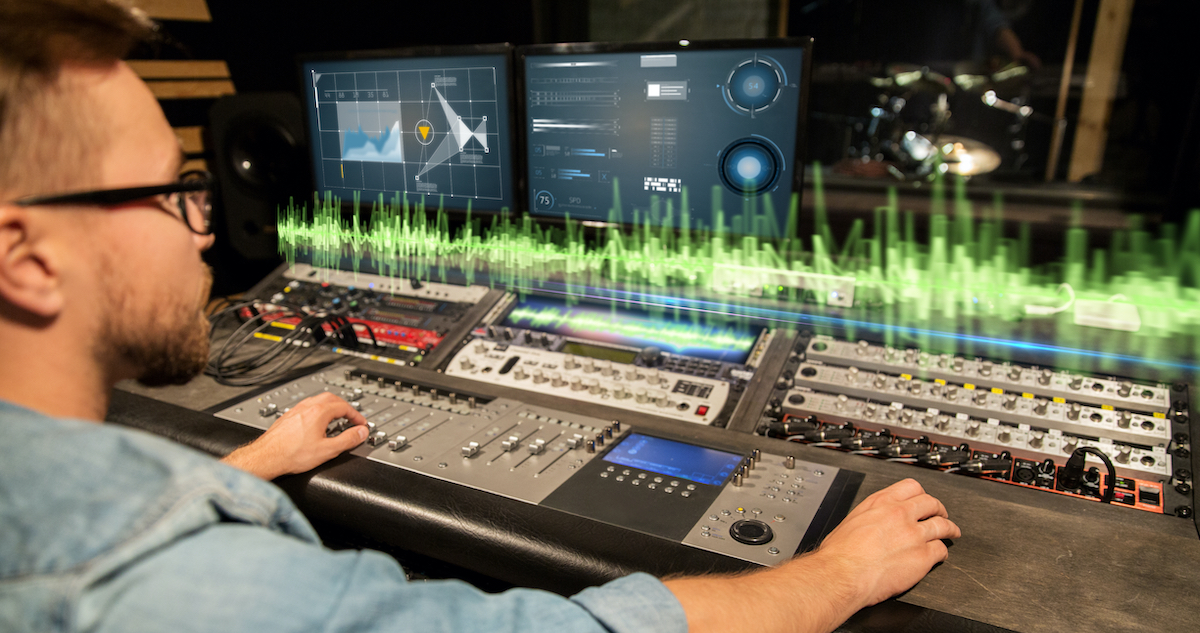Are you wondering about the impact of artificial intelligence on the voice over industry? AI is definitely developing exponentially year over year. It’s transforming the way we live our lives and interact with not only our electronics, but one another.
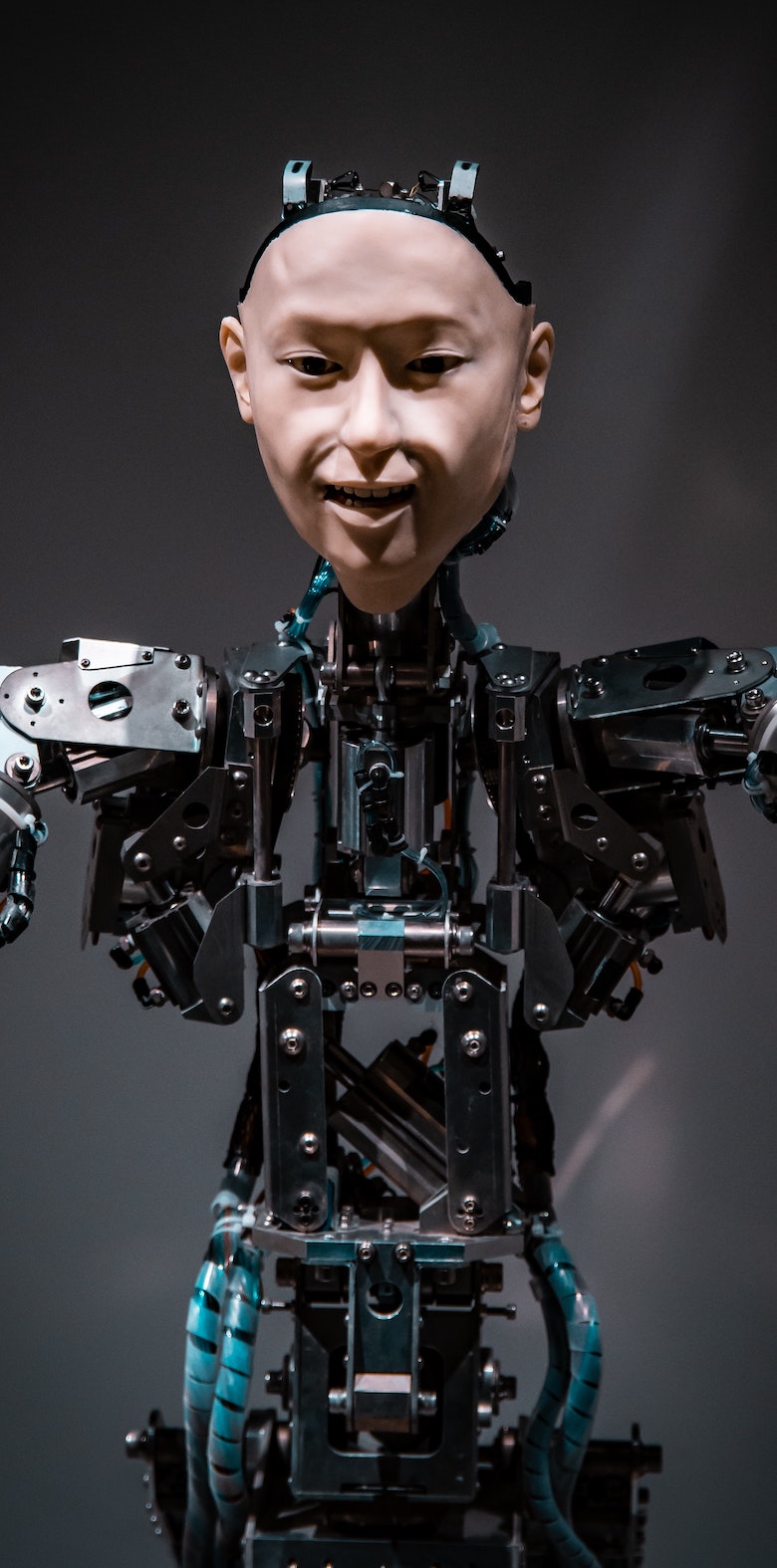
What seemed like something impossible and far-fetched barely a decade ago is now a part of our everyday lives. Digital assistants can order food and do online grocery shopping. In smart homes, lights turn on and off on verbal command.
The rapid rise of AI clearly impacts every sector of business, and the voice over industry is no exception. Advancements in technology have changed the way clients and voice actors work. The whole voice over production process, as well as the relationship between clients and actors have changed.
Numerous members of the voice acting fraternity regard the rise of AI as a threat. They say it not only threatens their livelihoods but the voice over industry in totality. Others, however, view it as a new and exciting era that will revolutionize communication.
Some context: The demise of old technologies and methodologies
A significant change brought on by the emergence of digitization and AI is voice quality. It has improved significantly over the years. The whole recording process is much simpler than it used to be.
Initially, the process of recording was both demanding and complex — not even to mention prohibitively expensive. Reels, tapes, hum, hiss, wow, flutter, as well as the editing with a razor blade and tape are long gone. These days, one can save hours of recording on a sliver of silicon no bigger than a person’s fingernail.
Today’s high-tech editing tools and special effects allow recordings with remarkable ease. Apps and plugin effects can change the tone and texture of a voice completely. A voice recording is now so malleable that what a sound engineer can create is only limited by his or her imagination!
Connecting clients and actors
As far as Voice123‘s own AI algorithms and machine learning are concerned, finding a voice actor that specifically meets the needs of a client is as easy as a few clicks and hitting the search button.
In fact, Voice123 has one of the best search functionalities in the online casting industry.
This has worked wonders in bridging the gap between clients and voice actors. Why? Because it contributes towards an industry that is more efficient, competitive, and diverse while also being more transparent and direct.
The vast majority of voice actors on Voice123’s platform also compete well against one another in the recording quality stakes. The digital revolution has opened the gates to a playing field that for far too long was the preserve of only a very fortunate few. Despite the protestations, it’s undeniably a good thing. There should always be room for new talent.
Of course one aspect of burgeoning AI is the concomitant rise of artificial voices.
Will AI eventually put voice actors out of a job?

While AI applications and devices such as smart speakers and digital assistants like Siri are powered by computer-generated voices, it should be noted that these voices actually originate from real actors!
In most cases, even computerized voices need a human voice as a foundation for the development of the vocal database. Nevertheless, AI is creating new work for a wide range of voice actors. Are these actors putting themselves out of a job in future?
Maybe. Maybe not.
AI is certainly changing the game. The technology enables automation with baseline human recordings, which then breaks the autonomy of tasks involved. Many businesses are using such technology for their apps and websites. This has helped improve their services as well.
A deeper investigation into AI voices and the greater impact of artificial intelligence on the voice over industry is beyond the scope of this introductory article. We’ll soon be looking at the topic a lot more closely – so stay tuned!













